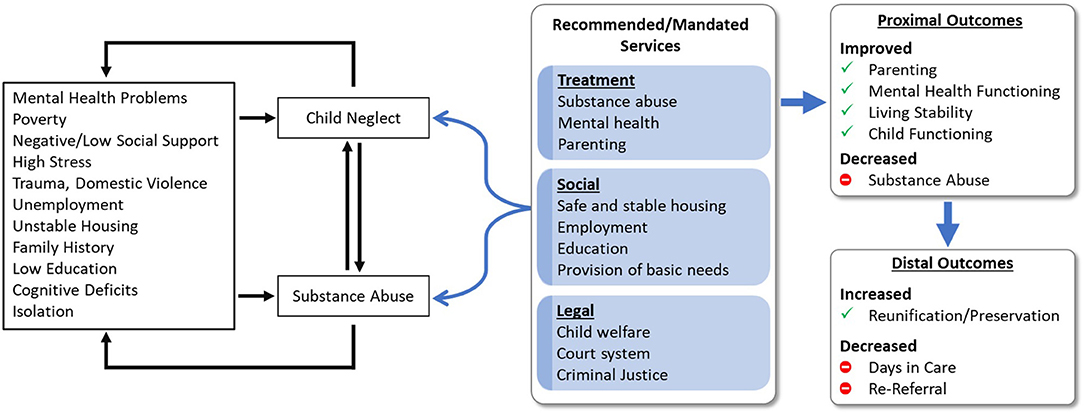FDA Approval of Twice-Yearly HIV Prevention Shot: A Milestone in Combating HIV
The U.S. Food and Drug Administration (FDA) has recently approved the first twice-a-year injection aimed at preventing human immunodeficiency virus (HIV). This advancement marks a significant step toward the Sustainable Development Goal (SDG) 3: Good Health and Well-being, specifically targeting the eradication of HIV/AIDS worldwide.
Background and Personal Journey
Ernest Wilson of Rochester, New York, exemplifies resilience in the face of HIV. Diagnosed HIV-positive in 1984 just before joining the U.S. Navy, Wilson faced a bleak prognosis but has since maintained health and activity through medical advancements.
- Initial Diagnosis and Impact
- Wilson was told he had six months to a year to live.
- His dreams of a Navy career were halted.
- Medical Advances and Treatment
- HIV is a retrovirus attacking the immune system, leading to AIDS if untreated.
- Early treatments emerged in the late 1980s; combination drugs in the 1990s improved effectiveness.
- Wilson’s HIV has been undetectable for 20 years due to medication, reducing from 16 pills twice daily to one.
Community Health Initiatives and Scientific Progress
Dr. Bill Valenti, an infectious disease specialist, co-founded Rochester’s Community Health Network in 1989, adopting a community-based approach to HIV/AIDS care, aligning with SDG 3’s aim to ensure healthy lives and promote well-being for all ages.
- Transition from hospital-based care to community clinics.
- Development of drugs to block and prevent HIV transmission.
- Transformation of Community Health Network into Trillium Health, expanding services beyond HIV/AIDS patients.
Ongoing Challenges and Future Directions
Despite scientific and medical progress, challenges remain in:
- Ensuring access to treatment and prevention programs.
- Reaching the right populations to effectively stop HIV transmission.
- Operating without an available vaccine.
These challenges highlight the importance of continued efforts to meet SDG 3 targets and contribute to SDG 10: Reduced Inequalities by providing equitable healthcare access.
Community Impact and Advocacy
Ernest Wilson now dedicates his life to mentoring and counseling newly diagnosed individuals, embodying SDG 17: Partnerships for the Goals by fostering community support and awareness.
- Providing hope that HIV is no longer a death sentence.
- Helping others navigate diagnosis and treatment.
- Contributing to improved quality of life and longevity for people living with HIV.
Conclusion
The FDA’s approval of a twice-yearly HIV prevention shot represents a pivotal advancement in global health, supporting the achievement of Sustainable Development Goals by reducing HIV incidence and improving health outcomes. The combined efforts of medical innovation, community health initiatives, and personal advocacy continue to drive progress toward ending the HIV epidemic.
1. Sustainable Development Goals (SDGs) Addressed or Connected to the Issues Highlighted in the Article
- SDG 3: Good Health and Well-being
- The article focuses on HIV prevention, treatment, and care, directly relating to ensuring healthy lives and promoting well-being for all ages.
- It addresses advances in medical treatments and prevention methods for HIV/AIDS.
- SDG 10: Reduced Inequalities
- The community-based approach to HIV/AIDS treatment and the mentoring role of Ernest Wilson highlight efforts to reduce health inequalities and provide support to marginalized groups affected by HIV.
- SDG 17: Partnerships for the Goals
- The collaboration between healthcare providers, community networks, and patients reflects partnerships necessary to combat HIV/AIDS effectively.
2. Specific Targets Under Those SDGs Identified Based on the Article’s Content
- Under SDG 3: Good Health and Well-being
- Target 3.3: End the epidemics of AIDS, tuberculosis, malaria, and neglected tropical diseases and combat hepatitis, water-borne diseases, and other communicable diseases by 2030.
- Target 3.8: Achieve universal health coverage, including access to quality essential health-care services and access to safe, effective, quality, and affordable essential medicines and vaccines for all.
- Under SDG 10: Reduced Inequalities
- Target 10.2: Empower and promote the social, economic, and political inclusion of all, irrespective of age, sex, disability, race, ethnicity, origin, religion, or economic or other status.
- Under SDG 17: Partnerships for the Goals
- Target 17.17: Encourage and promote effective public, public-private, and civil society partnerships, building on the experience and resourcing strategies of partnerships.
3. Indicators Mentioned or Implied in the Article to Measure Progress Towards the Identified Targets
- Indicator for Target 3.3 (HIV/AIDS epidemic control)
- Number of new HIV infections per year (implied by the focus on prevention and new treatments).
- Proportion of people living with HIV who have access to antiretroviral therapy (ART), as indicated by Ernest Wilson’s treatment history and viral suppression.
- Indicator for Target 3.8 (Universal health coverage)
- Access to essential medicines and health services for HIV prevention and treatment, implied by the availability of twice-a-year HIV preventive shots and treatment drugs.
- Indicator for Target 10.2 (Inclusion)
- Number of community-based programs and peer counseling initiatives supporting people living with HIV, as exemplified by Wilson’s mentoring role.
- Indicator for Target 17.17 (Partnerships)
- Existence and effectiveness of partnerships between healthcare providers, community organizations, and patients, as reflected by the transformation from Community Health Network to Trillium Health.
4. Table of SDGs, Targets, and Indicators
| SDGs | Targets | Indicators |
|---|---|---|
| SDG 3: Good Health and Well-being |
|
|
| SDG 10: Reduced Inequalities |
|
|
| SDG 17: Partnerships for the Goals |
|
|
Source: spectrumlocalnews.com







